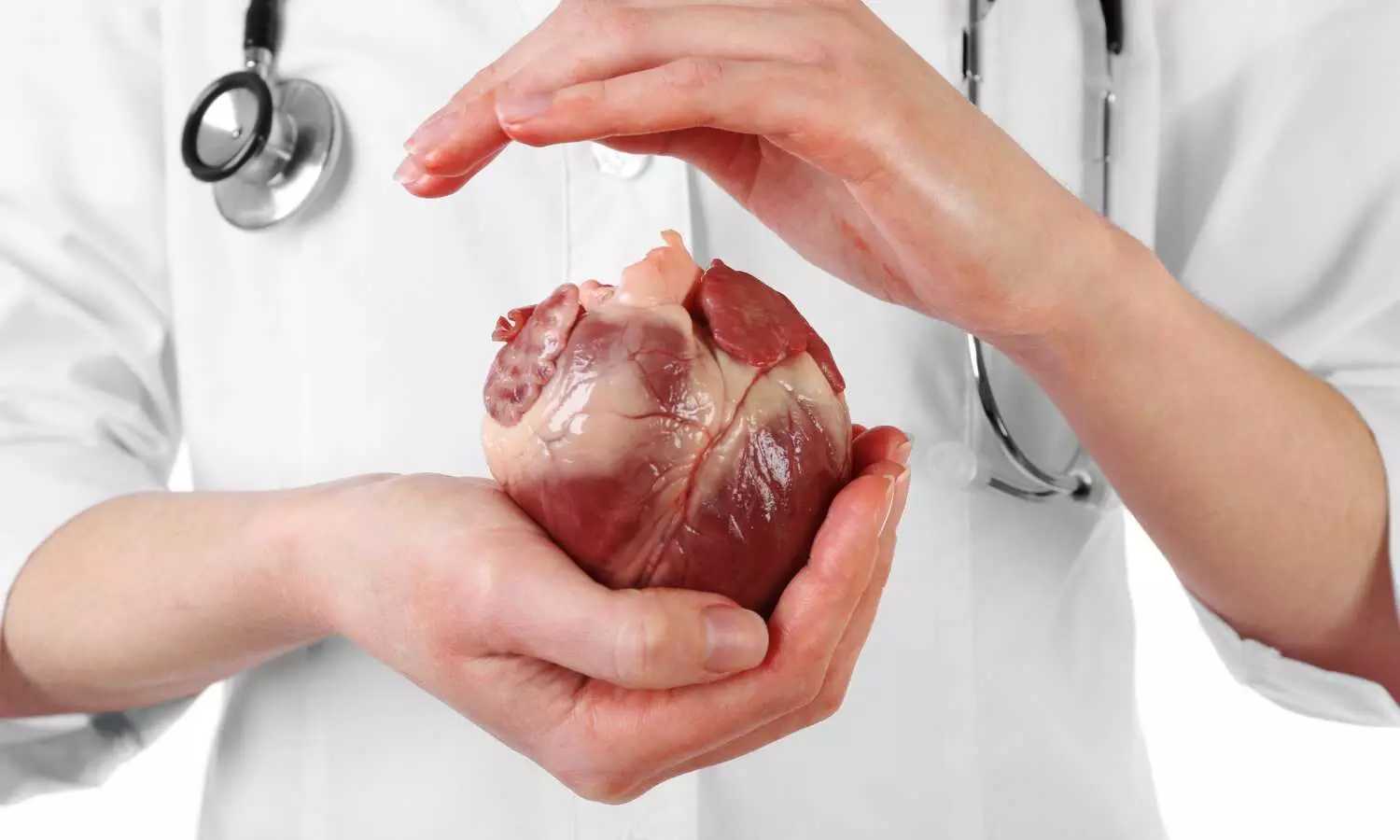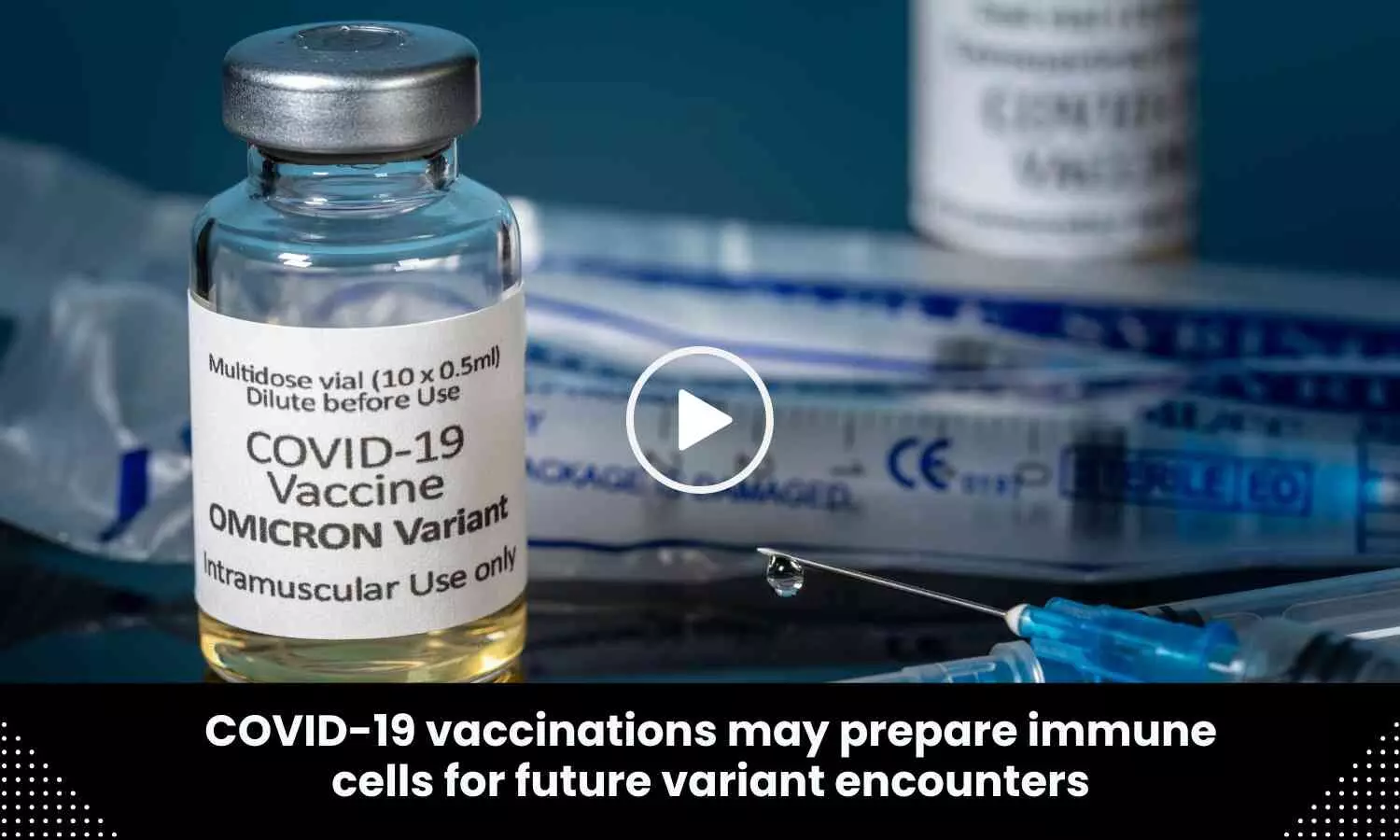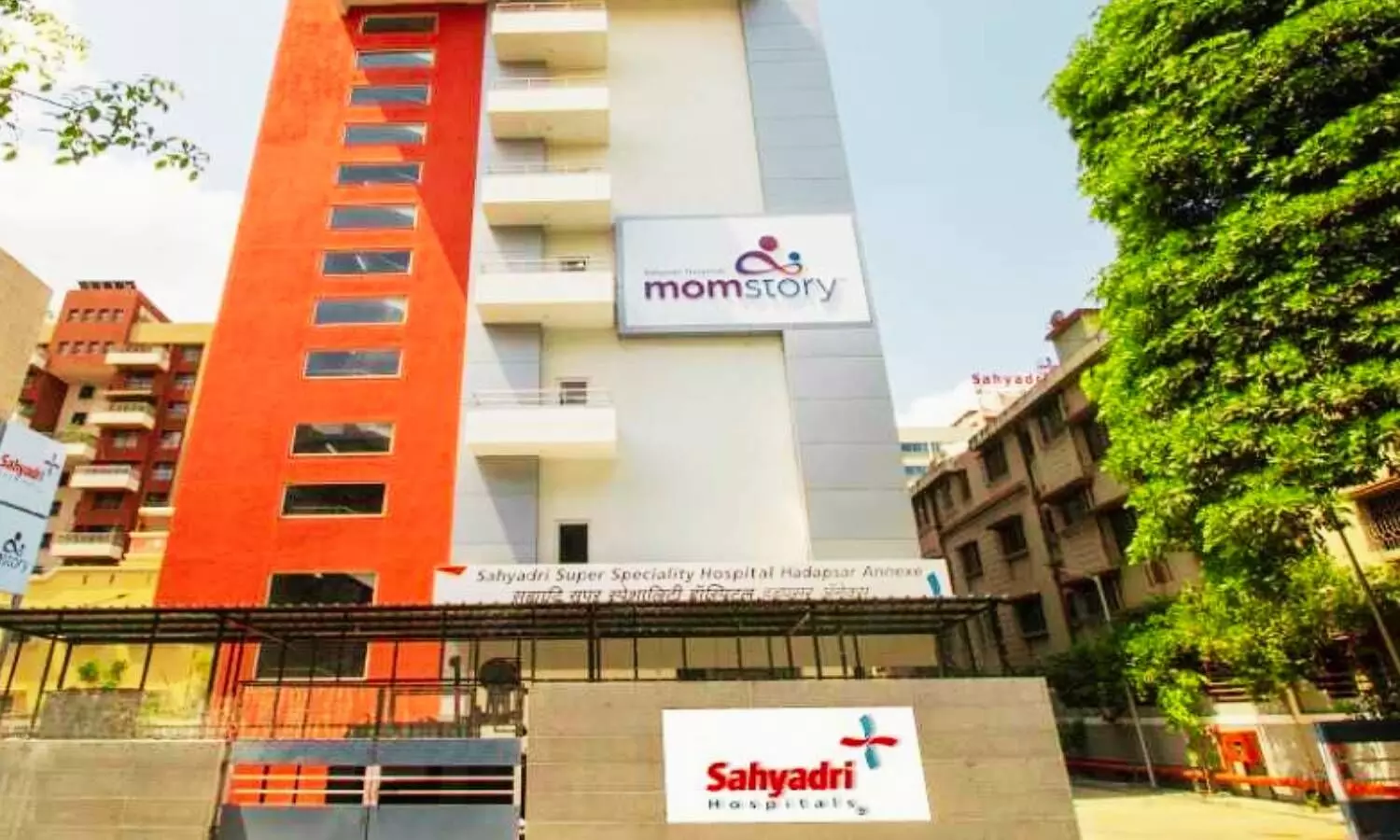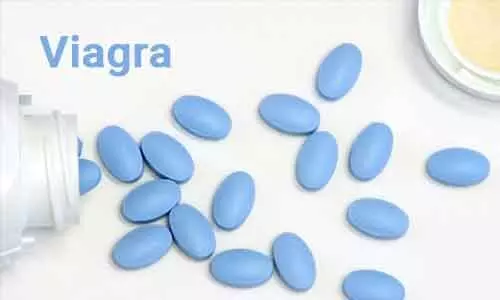Less is more: Research finds not placing a drain improves distal pancreatectomy outcomes
Powered by WPeMatico
Powered by WPeMatico

Madhya Pradesh- Recently, the Madhya Pradesh Medical Council has invited applications from Foreign medical graduates (FMGs) for Clinical Clerkship/Internship Counselling.
Foreign medical graduates who are willing to undertake clerkship/internship in the state of Madhya Pradesh are required to fill out the online form through the link given in the notice as per schedule to be considered for internship training. Applications will be accepted only on a proportionate basis based on the total number of seats available in medical colleges in the state of Madhya Pradesh.
|
S.NO |
EVENT |
DURATION |
NO. Of DAYS |
|
1 |
Online Registration by eligible candidates of FMGE Dec 2023 on the MPMC-DME portal. (dme.mponline.gov.in) |
15-03-2024 to 25-03-2024 (up to 12:00 Midnight) |
11 Days |
|
2 |
Edit in Registration Form |
15-03-2024 to 25-03-2024 (up to 12:00 Midnight) |
11 Days |
|
3 |
Publication of Vacancies/Seats |
19-03-2024 |
2 Days |
|
4 |
Invitation of objection against vacancies. |
19-03-2024 to -20-03-2024 (05:00 PM) |
2 Days |
|
5 |
Disposal of objection and publication of final vacancies. |
21-03-2024 |
1 Day |
|
6 |
Publication of Merit list of registered candidates. |
26-03-2024 |
1 Day |
|
7 |
Choice filling and locking by registered candidates. |
27-03-2024 to 02-04-2024 (up to 12:00 Midnight) |
7 Days |
|
8 |
Edit in Choice Filling and Locking. |
27-03-2024 to 02-04-2024 (up to 12:00 Midnight) |
7 Days |
|
9 |
Allotment Result and letter of allotment issue. |
05-04-2024 |
3 Days |
|
10 |
Reporting at allotted Medical college in person for document verifications and admission. |
06-04-2024 to 15-04-2024 (05:00 PM) |
10 Days |
|
11 |
Online Resignation/Cancellation of admission at college level. |
06-04-2024 to 15-04-2024 (06:00 PM) |
10 Days |
RULES AND REGULATIONS FOR MADHYA PRADESH MEDICAL COUNCIL (MPMC)
1 Foreign medical graduates who have qualify the screening test must submit an online application to the Madhya Pradesh Medical Council through the link provided. The application must be completed in all respects as well as accompanying documents stated in the application form should be uploaded.
2 Every candidate has to select all Colleges/ Institutes according to their choice in the choice-filling section. If any candidate has selected a few or limited colleges/ institutes and does not get seat allotment in those colleges/ institutes by his/ her merit, then in any circumstances he/ she will not be allotted an internship in this session. Therefore, every candidate is hereby specially informed to select all colleges/ institutes according to his/ her choice.
3 The Counselling of Internship seat allotment will be conducted only in a single and final round.
ALLOTMENT PROCESS
1 The seats will be allotted to candidates whose names appear in the merit list published by the Madhya Pradesh Medical Council.
2 As per the NMC’s circular stated in the Public Notice dated 21/09/2022, the allotment starts on “Group A permitted college” and then “Group B recognised college”.
3 Allotment of seats shall be made based on merit cum choice filled by the candidate and availability of seats.
FOR FMG CANDIDATES
1 Every candidate has to report to the allotted College/ Institutes as per the schedule mentioned.
2 The selected candidates have to join the clinical clerkship/ internship programme immediately but not later than 10 days from the date on which the final list of allotment is uploaded on the official website of Madhya Pradesh Medical Council and if the candidate is not ‘able to join the allotted medical college/institution within 10 days, the seat will be considered vacant.
3 Every candidate has to submit all the self-attested documents attached to the application form along with the provisional registration receipt to the allotted College/Institute and get them verified by the office of the Dean of the allotted college.
4 Every candidate has to upload a notarized affidavit of Undertaking which is available on the council website on Rs. 50/- stamp paper, in the online application and submit the original to the allotted College/ Institutes. (Format ‘A’).
5 As per NMC Rules, Regulations, and Circulars, the candidates who have completed their study through online mode will have to do a 1, 2, or 3-year clinical clerkship/internship accordingly.
6 The candidates who make up the Merit List will be eligible to apply for provisional registration with Madhya Pradesh Medical Council online; within 10 days from publication of such list and submit the provisional registration receipt to the allotted college.
7 The selected candidates can download the allotment letter/ receipt after the allotment of the internship from their portal login.
FOR MADHYA PRADESH MEDICAL COUNCIL
1 Madhya Pradesh Medical Council will scrutinise all the applications and shall prepare two Merit lists and the same will be published on the website of Madhya Pradesh Medical Council.
2 Merit List (ML)- 1: Candidates who are residents of Madhya Pradesh (based on Domicile Certificate).
3 Merit List (ML)- 2: Candidates who are residents of Other State.
4 The merit list will be established according to the NBE score obtained by the candidate in the Screening Test. In the event of multiple candidates achieving the same score, the following criteria will be utilised to determine merit:
A Date of birth, with preference given to the older candidate.
B Candidate who is applied on the earlier date.
5 The amount of stipend to be paid to the interns is to be decided/fixed by the appropriate authority and is solely at the discretion of the concerned authorities under which the medical college/institute is located. The Madhya Pradesh Medical Council holds no responsibility for this decision or its outcome.
6 The Madhya Pradesh Medical Council has the right to reject any application if it doesn’t meet the criteria or if the applications received exceed the number of seats available in medical colleges in Madhya Pradesh.
FOR ALLOTTED/CONCERNED MEDICAL COLLEGES
1 Original documents have to be submitted to the Dean of the allotted college/ institute by the candidate. Allotted College/ Institute will check all the original documents and eligibility along with the provisional registration receipt at the time of reporting. The college/ institute can only refuse the joining of the candidate in case any discrepancy is found in it.
2 Allotted College/ Institute will have to collect the original affidavit and provisional registration receipt from the candidate before joining.
3 After completion of CRMI, the allotted college/ institute will have to provide the internship ongoing certificate or completion certificate to the candidate.
4 The allotted college will have their login credentials, with which they need to mark the acceptance of the joining of the candidates, and shall submit a report of the joining of the students who have been granted internship allotments in their college or institution to the Registrar, Madhya Pradesh Medical Council, Bhopal, within 10 days from the date of receipt of the posting order online through the portal.
5 Allotted College/ Institute needs to verify the following documents from the candidate:
A 10th Marksheet
B 12th Marksheet
C Eligibility Certificate from NMC
D Degree of MBBS or Equivalent to MBBS
E FMGE Certificate/Screening Test Passing Certificate
F MP State Domicile Certificate
G Original Affidavit
H Provisional Registration Receipt
To view the official notice, click the link below
Powered by WPeMatico
Powered by WPeMatico
Powered by WPeMatico
Powered by WPeMatico

New Delhi: In a remarkable display of medical efficiency, doctors successfully facilitated the rapid transport of a live heart over a 25-kilometre distance, ultimately saving the life of a 51-year-old man.
The green corridor, spanning from Aakash Hospital in Dwarka to Fortis Escorts Heart Institute in Okhla, played a pivotal role in ensuring that the vital organ reached its destination in a mere 26 minutes, paving the way for a successful transplant operation conducted on Wednesday.
The recipient, who had been grappling with a severe heart condition for an extended period, found hope through the selfless act of an 18-year-old’s family. Tragically, the teenager had succumbed to injuries sustained in a road accident. However, in a testament to their generosity, the family consented to organ donation, allowing their loved one’s heart to be transplanted into the 51-year-old recipient.
“In critical condition due to patient suffered from a heart attack in 2021, subsequently underwent stenting to the left anterior descending artery (LAD) that since his ejection fraction was 30 per cent. He was kept on optimal medical management but being on osteopathic manipulative treatment (OMT), his condition started deteriorating and his hospitalisation was frequent due to heart failure, reports ANI.
Detailing the recipient’s medical journey, officials revealed that he had been battling a deteriorating heart condition, necessitating a transplant. Despite undergoing stenting procedures and enduring ongoing medical management, his health continued to decline, leading to frequent hospitalizations due to heart failure.
Dr. Vishal Rastogi, the director of Cardiology and Head of the heart failure program, had been overseeing the patient’s care for an extensive period, emphasizing the critical nature of the transplant.
The transplant surgery was led by a dedicated team of doctors, spearheaded by Dr ZS Meharwal, Executive Director and Head of Adult CTVS, Heart Transplant, and Ventricular Assist Device (VAD) program. Dr. Meharwal expressed profound gratitude to the donor’s family, acknowledging their immense sacrifice in the face of grief.
Dr ZS Meharwal, Fortis Escorts Heart Institute said, “The 51-yr-old recipient had been suffering from a severe heart condition for a long time. Over the past few months, his heart condition continued to deteriorate, and a heart transplant became essential. We extend our heartfelt gratitude to the donor’s family for choosing to donate, despite their immense grief. Such lifesaving and enriching surgeries would not have been possible without the tireless cooperation from NOTTO, local traffic and police authorities and most importantly, the donor families.”
Powered by WPeMatico

Researchers from the Perelman School of Medicine at the University of Pennsylvania showed that the antibody responses to new SARS-CoV-2 variant infections and vaccinations are powerfully shaped by prior exposures to earlier SARS-CoV-2 vaccines. The findings were published online in a study published in the journal Immunity.
The researchers analyzed antibody responses in people infected with or vaccinated against the relatively new SARS-CoV-2 variants BA.5 and XBB and found that even though BA.5 and XBB are very different from the original “ancestral” version of SARS-CoV-2, the responses to these newer variants came almost entirely from the B cell repertoire that was already in place due to prior vaccinations against the ancestral strain.
“Detailing how SARS-CoV-2 immune history influences the antibody response to new variants, through studies such as this one, will ultimately help us design more effective vaccines,” said study co-senior author Scott Hensley, PhD, a professor of Microbiology at Penn Medicine.
The study investigated how prior exposure influences antibody responses to SARS-CoV-2 variants BA.5 and XBB, both highly transmissible and differing significantly from the original virus. Boosters targeting these variants were introduced in 2022 and 2023.
“Prior vaccinations are highly beneficial for establishing memory B cells that can be rapidly recruited to produce neutralizing antibodies against new SARS-CoV-2 variants,” said Hensley.
Researchers found that individuals who initially had lower numbers of B cells elicited by the ancestral variant were more likely to produce totally new, variant-specific antibodies. More importantly, people who had high numbers of B cells against the ancestral SARS-CoV-2 strain were more likely to mount effective immune responses, which were mostly cross-reactive, to the BA.5 and XBB variants.
The main implication of the findings was that immunological imprinting from the original ancestral SARS-CoV-2 strain had a significant impact on the antibody responses to the BA.5 and XBB variants and boosters based on them. These responses still appear to be protective, but it is unclear that that protection will remain robust as SARS-CoV-2 variants continue to evolve.
“Most people alive today have been immunologically imprinted by ancestral SARS-CoV-2, but that will inevitably change as time goes on. We need to continue studying how different prior exposures impact immunity to new variants that come down the road, and how this immunity affects viral evolution.” concluded Hensley.
Reference: Timothy S. Johnston, Shuk Hang Li, Mark M. Painter, Daniel C. Douek, E. John Wherry, Scott E. Hensley; Journal: Immunity; DOI: 10.1016/j.immuni.2024.02.017
Powered by WPeMatico

Pune: Sambhaji Gadhave, a 62-year-old retired individual from Aklunj, Solapur, underwent a ground-breaking medical procedure at Sahyadri Hospitals to address severe leg pain caused by critical stenosis of the popliteal artery.
Powered by WPeMatico

Recently published study is a sub-study of the STEROHCA trial and focuses on assessing the hemodynamic effects of prehospital high-dose glucocorticoid treatment in resuscitated comatose out-of-hospital cardiac arrest (OHCA) patients. The aim was to evaluate the association between inflammatory markers, hemodynamic instability, organ dysfunction, and the need for vasopressor support. The study included patients who remained comatose at admission and survived until intensive care unit (ICU) admission. The primary outcome was the cumulated norepinephrine use from ICU admission until 48 h reported as mcg/kg/min.
The STEROHCA trial was a phase 2 randomised study that compared the effects of a single prehospital injection of methylprednisolone 250 mg with a placebo given shortly after resuscitated out-of-hospital cardiac arrest. This sub-study included patients who were unconscious at arrival and survived until they were admitted to the intensive care unit (ICU). The main result was the total amount of norepinephrine used from ICU admission to 48 hours, recorded in mcg/kg/min. Secondary outcomes were assessing hemodynamic state using mean arterial pressure (MAP), heart rate, vasoactive-inotropic score (VIS), and the VIS/MAP-ratio, as well as evaluating cardiac function by pulmonary artery catheter measures. Linear mixed-model analyses were used to assess the mean differences between treatment groups at all follow-up dates.
Results of Glucocorticoid Treatment
The results of the study indicated that prehospital treatment with high-dose glucocorticoid was associated with reduced norepinephrine use in resuscitated OHCA patients. Specifically, from the time of ICU admission up to 48 h post-admission, patients in the glucocorticoid group cumulated a lower norepinephrine use. Additionally, the glucocorticoid group showed a higher mean arterial pressure (MAP) after 12–24 h post-admission, with no major differences in heart rate. The differences between the treatment groups were also present 30–48 h post-admission but to a smaller extent. No differences were found in pulmonary artery catheter measurements between groups.
Implications and Future Research
The findings suggest that glucocorticoid treatment in the prehospital setting may lead to reduced norepinephrine use and improved hemodynamic stability in resuscitated OHCA patients. However, further research is needed to determine the long-term effects and clinical outcomes of high-dose glucocorticoid treatment in this patient population. This study provides valuable insights into the potential impacts of glucocorticoid treatment on hemodynamics in resuscitated OHCA patients.
Reference –
Obling, L.E.R., Beske, R.P., Meyer, M.A.S. et al. Effect of prehospital high-dose glucocorticoid on hemodynamics in patients resuscitated from out-of-hospital cardiac arrest: a sub-study of the STEROHCA trial. Crit Care 28, 28 (2024). https://doi.org/10.1186/s13054-024-04808-3.
Powered by WPeMatico

A recent study by Dhruva Gohel unveiled promising evidence that support the use of sildenafil (Viagra), a phosphodiesterase-5 inhibitor which is commonly used in the treatment of erectile dysfunction, as a therapeutic option for Alzheimer’s disease. The key findings were published in the recent issue of the Journal of Alzheimer’s Disease.
This comprehensive analysis used real-world patient data from extensive databases, including MarketScan® Medicare Supplemental and Clinformatics®. This study found compelling evidence linking sildenafil use to a reduced likelihood of developing Alzheimer’s disease, after adjusting for various factors such as age, sex, race and comorbidities.
Their findings revealed that sildenafil usage was linked with a significant decrease in the incidence and prevalence of Alzheimer’s disease across multiple drug comparison groups. When compared to spironolactone, sildenafil showed a remarkable 54% reduction of Alzheimer’s disease risk in the MarketScan® database and a 30% decrease in prevalence in the Clinformatics® dataset.
Furthermore, this study analyzed the molecular mechanisms underlying the potential therapeutic effects of sildenafil. This research demonstrated that sildenafil treatment led to a dose-dependent reduction in tau hyperphosphorylation by utilizing induced pluripotent stem cells (iPSCs) derived from both familial and sporadic Alzheimer’s disease patients.
The RNA-sequencing analysis of sildenafil-treated Alzheimer’s disease patient iPSC-derived neurons revealed that sildenafil specifically targeted the Alzheimer’s disease-related genes and pathways which provide mechanistic insights into its beneficial effects. These findings suggest that sildenafil could be repurposed as a treatment for Alzheimer’s disease, however, further randomized clinical trials are imperative to validate the causal treatment effects of sildenafil in Alzheimer’s disease.
Source:
Gohel, D., Zhang, P., Gupta, A. K., Li, Y., Chiang, C.-W., Li, L., Hou, Y., Pieper, A. A., Cummings, J., & Cheng, F. (2024). Sildenafil as a Candidate Drug for Alzheimer’s Disease: Real-World Patient Data Observation and Mechanistic Observations from Patient-Induced Pluripotent Stem Cell-Derived Neurons. In Journal of Alzheimer’s Disease (pp. 1–15). IOS Press. https://doi.org/10.3233/jad-231391
Powered by WPeMatico
